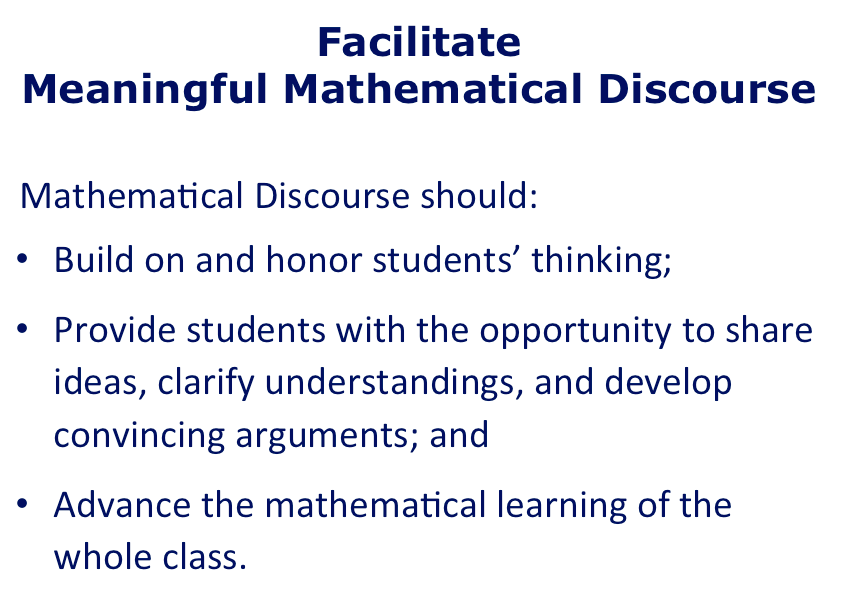The following is a popular phrase right now that describes the evolving role of the teacher.
“From the sage on the stage to the guide on the side.”
This concept is alluded to in a previous blog post about the NCSSS conference attended by several Rockhurst faculty. One of the sessions I attended was hosted by the inspirational Ms. Earnhart from the Liberal Arts & Science Academy in Austin, Texas. She tasks her students with a box project, but it’s an open-ended project-based assignment. In the session, she told all of us the following:
“I want you all to know that out of every box that was made by one of my students, I can’t make a single one of them right now at this moment. However, I’m an educator so I know how to grade each and every one of them.”
This quote captures the essence of what it means for a teacher to be a ‘guide on the side.’
I had a brilliant conversation with a colleague. She shared with me - and shared correctly - that teachers are the ones who make the greatest impact on student success. For this reason, teachers still need to be experts in their content area.
I completely agree. The quote does run the risk of implying that the emerging facilitator role of the teacher replaces the required wisdom of the sage. This is taking the quote a bit too far.
During a recent teacher training, a consultant from Research for Better Teaching emphasized to us that strong content knowledge is a prerequisite to quality teaching. This is so important! The most famous “guide on the side” was probably Socrates, but nobody would suggest that he wasn’t also sage-like in his teaching. In fact, Socrates was referred to as a midwife because he birthed ideas. Simply because Ms. Earnhart is unable to instantly replicate one of her students’ boxes doesn’t mean she wasn’t an expert.
As the keynote speaker of the recent STEMcon, the president of the National Council of Teachers of Mathematics, Diane Briars, said the following about facilitating meaningful mathematical discourse and none of these things can occur without expertise in mathematical knowledge.

Pulling from literature, Hermann Hesse’s book, Journey to the East, features a servant who helped a group of travelers on their quest. Once the servant disappeared, the group lost their way, unable to move forward. They needed their guide. As the story unfolds (spoiler alert), however, the servant ended up being more than a guide; he was the leader of the entire organization! As guides and facilitator’s, being experts in our content - and I would add proper pedagogy - is a non-negotiable prerequisite to excellent teaching.
After a wonderful day of professional development today partially organized by STEAM blog contributor Brandon Jones, I’m inspired by the sage-guide heroes that we work with every day.
All this being said, things become cloudy when part of the engaged learning experience involves students collaborating together. To this end, teachers desire expertise in group dynamics. However, that is a topic for another post…




Comments